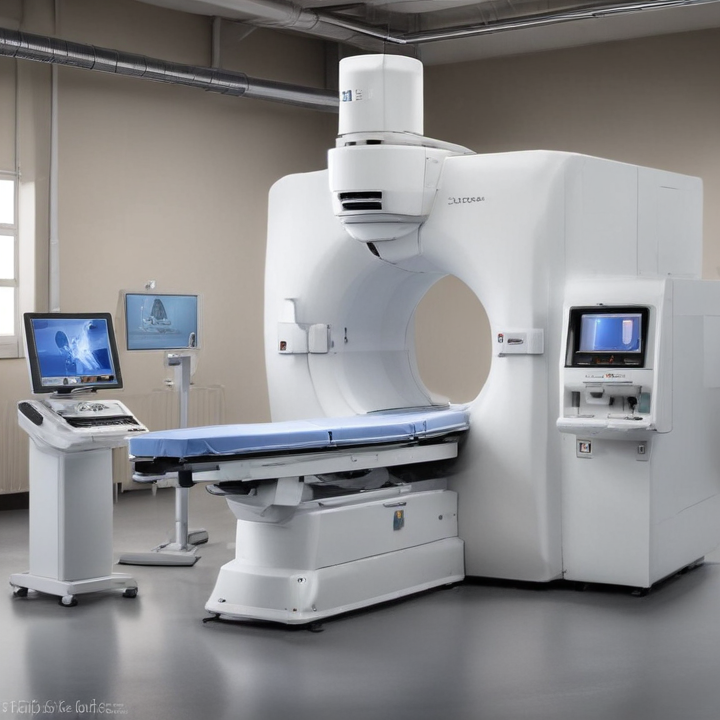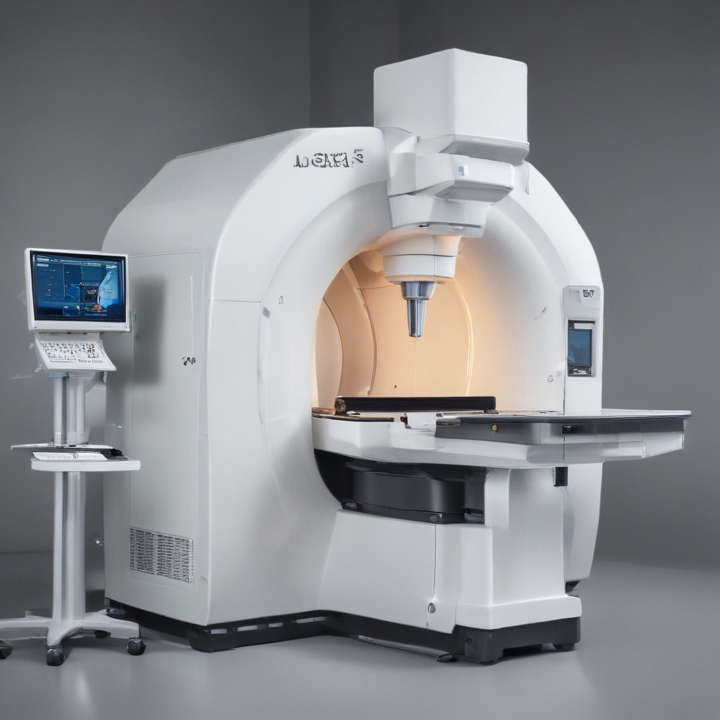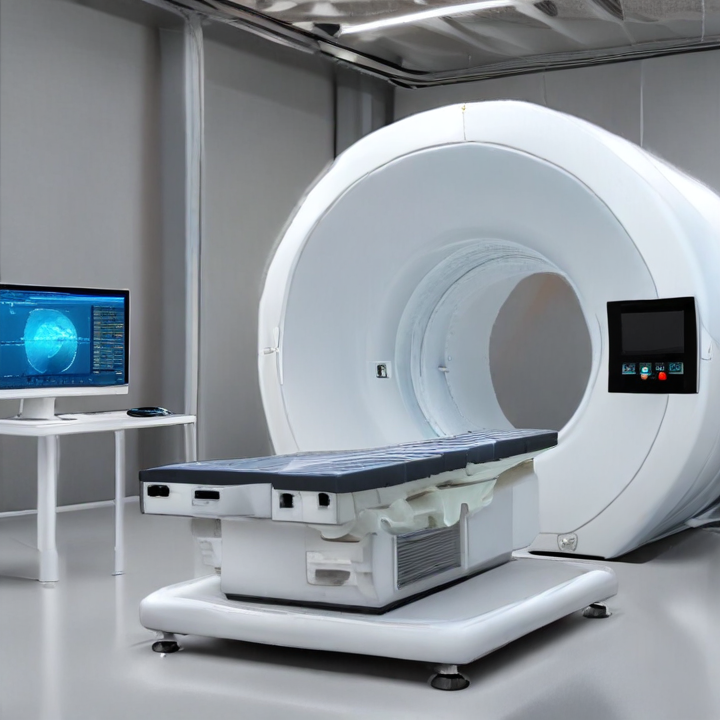cone beam ct machine cost Safety Certifications
The cost of a Cone Beam Computed Tomography (CBCT) machine can vary widely depending on the model, features, and brand. As of 2023, prices generally range from $50,000 to $250,000. Higher-end models with advanced imaging capabilities and software enhancements tend to be on the pricier side. It’s also important to consider additional costs like installation, maintenance, software updates, and training when budgeting for a CBCT machine.
Safety certifications are crucial for ensuring that a CBCT machine meets all regulatory and safety standards. Key certifications and standards to look for include:
1. FDA Approval: In the United States, the Food and Drug Administration (FDA) regulates medical devices. A CBCT machine must receive 510(k) clearance or Premarket Approval (PMA) to ensure its safety and efficacy.
2. CE Marking: In Europe, the Conformité Européenne (CE) marking indicates that the product complies with EU safety, health, and environmental requirements.
3. ISO Certification: The International Organization for Standardization (ISO) certifies that the manufacturing processes meet global safety and quality standards. ISO 13485:2016 is particularly relevant for medical devices.
4. Radiation Safety Standards: Compliance with standards like the International Electrotechnical Commission (IEC) 60601-1, which specifies general safety requirements for medical electrical equipment, is critical. Additionally, the International Commission on Radiological Protection (ICRP) guidelines help ensure that radiation exposure is minimized for patients and operators.
5. UL Listing: Underwriters Laboratories (UL) certification means that the device has been tested for electrical safety, mitigating risks associated with electrical shock or fire.
These certifications and standards help ensure the safety of both patients and medical personnel, making them a critical consideration when purchasing a CBCT machine. Always verify the machine’s compliance with these certifications to ensure it meets all relevant safety and quality standards.
List Reference Technical Parameters of “cone beam ct machine cost”
When evaluating the cost of a Cone Beam Computed Tomography (CBCT) machine, several technical parameters must be considered:
1. Voxel Size: Determines the resolution of images. Smaller voxel sizes (e.g., 0.075 mm) yield higher image resolution, affecting cost.
2. Field of View (FoV): The FoV is the scan area size. Machines with variable FoVs (e.g., 5×5 cm to 20×20 cm) offer more flexibility but are typically more expensive.
3. Scan Time: Duration for a complete scan. Faster scan times can reduce patient discomfort and motion artifacts, influencing machine cost.
4. Generator Power (kV/mA): Higher power settings produce clearer images but can increase cost. Typical ranges are 60-120 kV and 1-10 mA.
5. Reconstruction Time: Time required to process and display the image. Quicker reconstruction times are preferred in clinical environments and can impact price.
6. Software Capabilities: Advanced software features (e.g., 3D reconstruction, implant simulation) can add to the overall cost.
7. Detector Type: The quality of the x-ray detector affects both image clarity and cost. Common types include flat-panel detectors and image intensifiers.
8. Machine Size and Portability: Smaller, portable units may cost less but offer fewer features compared to large, stationary units.
These parameters together with brand reputation, after-sales service, and warranty packages influence the final cost of a CBCT machine, typically ranging from $50,000 to $250,000.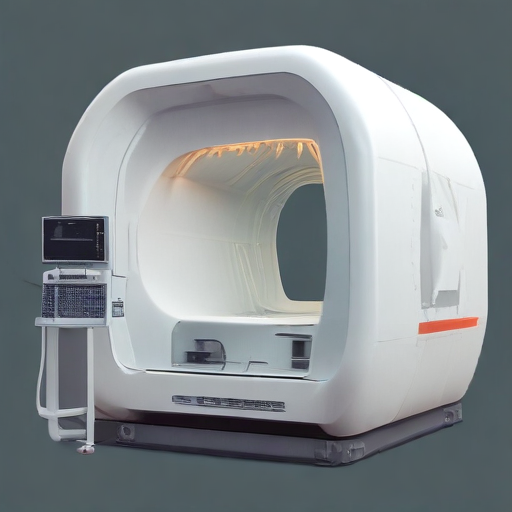
List Product features of “cone beam ct machine cost”
Evaluating the cost of a Cone Beam CT (CBCT) machine involves understanding various product features that can influence the overall price. Here are key features often considered:
1. Image Quality:
– Resolution: Higher resolution images provide better detail but may increase the cost.
– Field of View (FOV): Machines with adjustable FOVs are more versatile but can be more expensive.
2. Software Integration:
– 3D Imaging Software: Advanced software for image reconstruction and analysis can add to the cost.
– Compatibility: Software that integrates easily with other systems (e.g., electronic health records) may come at a premium.
3. Hardware Specifications:
– Detector Type: Flat-panel detectors generally offer superior image quality compared to image intensifiers.
– X-ray Tube: Higher quality and more durable X-ray tubes can affect price.
– Frame and Build Quality: Robust construction materials typically increase costs.
4. Operational Features:
– User Interface: More intuitive and user-friendly interfaces can result in higher pricing.
– Scan Time: Faster scanning capabilities often mean higher costs.
5. Patient Comfort and Safety:
– Radiation Dose: Machines that minimize radiation exposure while maintaining image quality tend to be more expensive.
– Comfort Features: Ergonomically designed patient positioning systems can influence price.
6. Maintenance and Support:
– Warranty: Longer and more comprehensive warranties may raise the initial purchase cost.
– Service Plans: Post-purchase service agreements can be a significant factor in the overall cost.
7. Brand and Manufacturer:
– Reputation: Established brands with proven reliability may command higher prices.
– Innovation: Companies known for cutting-edge technology often price their machines higher.
8. Regulatory Compliance:
– Certifications: Meeting specific regulatory standards (e.g., FDA, CE) can impact cost.
By understanding these features, practices can make informed decisions not just based on initial costs but considering long-term value and total cost of ownership.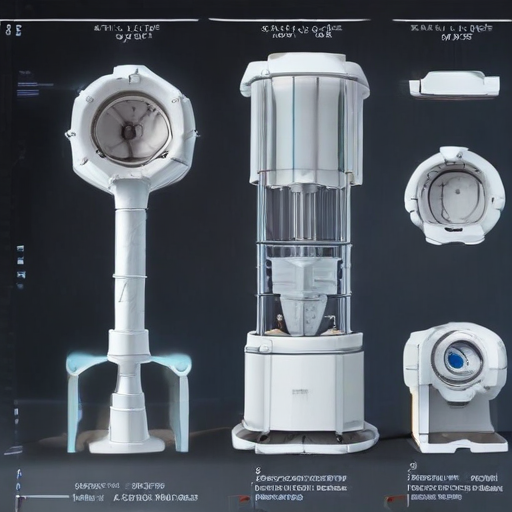
List Various Types of “cone beam ct machine cost”
The cost of Cone Beam Computed Tomography (CBCT) machines varies widely based on several factors including brand, features, and applications. Here is a summary of different types with their estimated costs:
1. Basic CBCT Machines:
– Typical Cost: $60,000 – $100,000
– Use Case: Predominantly used in dental practices for basic imaging needs.
2. Mid-Range CBCT Machines:
– Typical Cost: $100,000 – $200,000
– Use Case: Dental and ENT (Ear, Nose, Throat) professionals seeking higher image quality and additional features such as 3D imaging.
3. Advanced CBCT Machines:
– Typical Cost: $200,000 – $300,000
– Use Case: Multi-specialty clinics or hospitals requiring high-resolution images for complex diagnostics in fields like maxillofacial surgery, orthopedics, and specialized dental procedures.
4. Portable CBCT Machines:
– Typical Cost: $50,000 – $100,000
– Use Case: Suitable for mobile diagnostic units or practices needing flexibility to move imaging equipment between locations.
5. Veterinary CBCT Machines:
– Typical Cost: $60,000 – $150,000
– Use Case: Veterinary clinics for diagnosing small animals, often with features customized for various animal sizes and shapes.
6. High-performance CBCT Machines for Research and Specialized Applications:
– Typical Cost: $250,000 – $500,000+
– Use Case: Research institutions and specialized clinical applications needing extremely high resolution and advanced imaging capabilities.
Prices can also be influenced by additional features, software packages, service agreements, and the inclusion of peripheral devices. Always consider ongoing maintenance costs and potential training expenses when budgeting for a CBCT machine.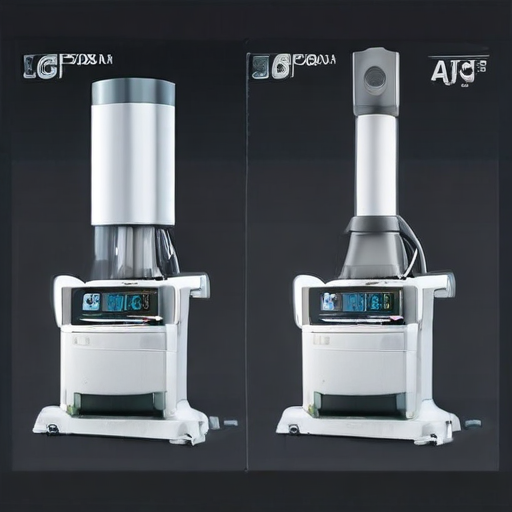
List Application of “cone beam ct machine cost”
A Cone Beam Computed Tomography (CBCT) machine is an advanced imaging tool widely used in various medical and dental fields. Below are some key applications of CBCT machines along with associated costs relevant to their usage:
Dental Applications
1. Implantology: CBCT provides precise 3D images for planning dental implants, resulting in better alignment and success rates. Costs can vary but typically range between $150,000 to $300,000 for high-end machines.
2. Orthodontics: Used for detailed visualization of craniofacial structures, aiding in the planning and monitoring of orthodontic treatments. Costs for scans can range from $200 to $500 per session.
3. Endodontics: Assists in diagnosing complex root canal anatomies and other tooth abnormalities. The scan cost for the patient may range from $100 to $300.
Medical Applications
1. Maxillofacial Surgery: Helps in the precise evaluation of jaw and facial bones, improving surgical outcomes. Machine costs for medical use can be higher, generally between $250,000 to $500,000.
2. Ear, Nose, and Throat (ENT): Useful for diagnosing sinus blockages, ear conditions, and nasal fractures. Patient scan costs may be between $400 to $800.
3. Trauma and Fracture Assessment: Provides detailed images of complex fractures, aiding in accurate diagnosis and treatment planning.
Veterinary Applications
1. Small Animal Imaging: Utilized in veterinary dentistry and orthopedics for pets, providing a non-invasive way to diagnose and treat issues. Costs can be similar to human applications, often between $175,000 to $350,000 for specialized veterinary units.
Research and Education
1. Anatomical Studies: Used extensively in medical research and educational institutions to study 3D anatomical structures. The initial investment is similar to clinical machines but may offer additional functionalities tailored to research needs.
The cost-effectiveness of CBCT machines for medical and dental practices lies in their ability to provide comprehensive imaging at relatively lower radiation doses compared to traditional CT scans, improving patient safety and diagnostic accuracy.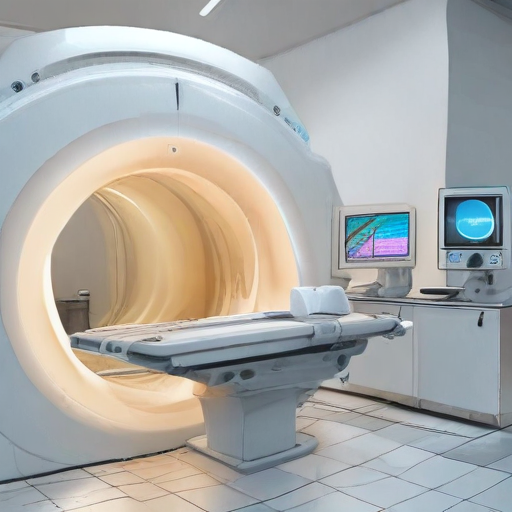
List Buyer Types of “cone beam ct machine cost”
When considering the purchase of a cone beam computed tomography (CBCT) machine, the buyer types typically fall into several categories:
1. Dental Practices
– General Dentists: Require CBCT for detailed imaging to improve diagnosis and treatment planning.
– Orthodontists: Use CBCT for precise measurements of teeth and jaw alignment.
– Endodontists: Benefit from high-resolution images to detect root canals and other intricate structures.
– Oral Surgeons: Need CBCT for planning complex surgical procedures and assessing bone structure.
– Periodontists: Utilize CBCT for evaluating gum diseases and planning dental implants.
2. Specialty Medical Practices
– ENT Specialists: Use CBCT for diagnosing and managing sinus issues, ear infections, and other ENT conditions.
– Radiologists: Require CBCT to offer specialized imaging services that complement other diagnostic tools.
– Maxillofacial Surgeons: Often use CBCT to plan surgeries involving the jaw and facial bones.
3. Hospitals and Medical Centers
– Radiology Departments: Integrate CBCT into their array of imaging modalities for comprehensive diagnostics.
– Emergency Rooms: May use CBCT for quick, detailed imaging in trauma cases involving the head and neck.
4. University and Training Centers
– Dental Schools: Incorporate CBCT into their teaching programs to provide students with hands-on experience.
– Medical Schools: Use CBCT for teaching diagnostic imaging and surgical planning.
5. Research Institutions
– Medical Research Labs: Utilize CBCT to conduct advanced research studies requiring detailed imaging data.
– Biomedical Engineering Programs: Incorporate CBCT in research and development for improving imaging technologies.
6. Veterinary Practices
– Veterinary Dentists: Employ CBCT for diagnosing and treating dental issues in animals.
– Large Veterinary Hospitals: Use CBCT for comprehensive diagnostic imaging in both small and large animals.
7. Mobile Imaging Services
– Mobile Diagnostics Units: Purchase CBCT machines to provide portable imaging services to remote or underserved areas.
Each buyer type has specific needs and budget constraints, influencing their decision on the type and cost of the CBCT machine they choose to purchase.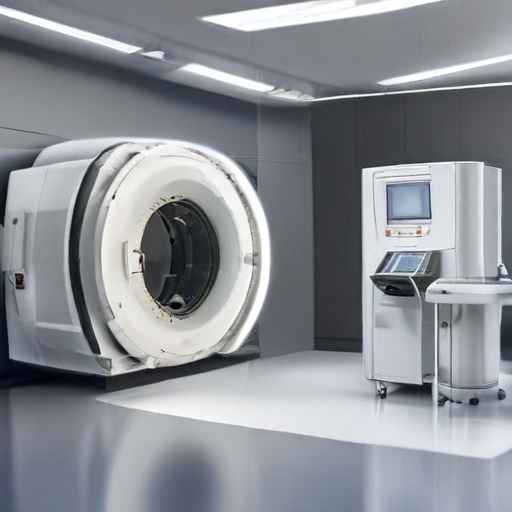
List “cone beam ct machine cost” Project Types for Different Industries
Cone beam computed tomography (CBCT) machines have diverse applications across different industries due to their advanced 3D imaging capabilities. Here are several project types in various industries along with their associated costs:
1. Dental and Maxillofacial:
– Project Type: Installation of CBCT for dental clinics and oral surgery centers.
– Cost Range: $80,000 – $200,000.
– Application: Used for detailed imaging of teeth, bone structures, and sinuses, aiding in implant planning, orthodontics, and pathology detection.
2. Medical Imaging:
– Project Type: Integration of CBCT into hospitals and diagnostic imaging centers.
– Cost Range: $100,000 – $250,000.
– Application: Provides high-resolution images for ear, nose, and throat (ENT) applications, craniofacial surgeries, and orthopedic assessments.
3. Veterinary Medicine:
– Project Type: Incorporation of CBCT in veterinary clinics.
– Cost Range: $70,000 – $150,000.
– Application: Helpful in diagnosing dental issues, fractures, and other bone-related conditions in pets and animals.
4. Orthopedics:
– Project Type: Development of CBCT imaging centers for musculoskeletal assessments.
– Cost Range: $90,000 – $200,000.
– Application: Utilized for detailed imaging of joints, bones, and implants, improving the accuracy of diagnoses and treatments.
5. Research and Academia:
– Project Type: Procurement of CBCT systems for universities and research institutions.
– Cost Range: $100,000 – $300,000.
– Application: Facilitates research in biomedical engineering, dental research, and anatomical studies.
6. Industrial Non-Destructive Testing (NDT):
– Project Type: Integration of CBCT for quality control in manufacturing plants.
– Cost Range: $120,000 – $350,000.
– Application: Enables detailed inspection of materials and components for internal defects, ensuring product integrity and safety.
In each industry, the cost of a CBCT machine can vary significantly based on factors such as advanced capabilities, software, installation requirements, and maintenance services. As technology progresses, these costs may fluctuate, making it essential for stakeholders to stay informed about the latest developments and pricing models.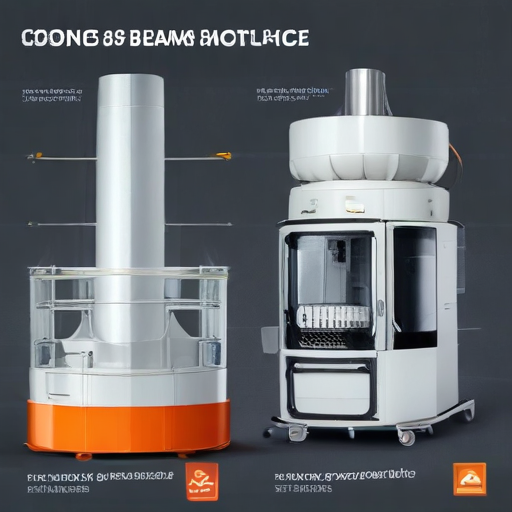
cone beam ct machine cost Accessories Upgrades and Custom Manufacturing Options
Cone Beam CT (CBCT) machines are essential tools in medical and dental imaging, offering three-dimensional views with high accuracy. The cost of a CBCT machine varies significantly, generally ranging between $80,000 and $250,000, depending on features, brand, and capabilities.
Accessories:
1. Workstations and Monitors: High-resolution monitors and robust computer systems can optimize the viewing and analysis of CBCT images.
2. Software Packages: Advanced imaging software with features like 3D reconstruction, implant planning, and cephalometric analysis is often essential.
3. Patient Positioning Aids: Positioning aids such as chin rests, head straps, and bite blocks ensure patient stability and improve image quality.
Upgrades:
1. Detector Upgrades: Upgrading the detector can enhance image quality and reduce radiation doses.
2. Field of View (FOV) Enhancements: Expanding the FOV can allow for larger imaging areas, which is particularly useful in orthodontics and surgical planning.
3. Software Updates: Regular software updates can introduce new functionalities and improve existing ones, ensuring compatibility with the latest technologies.
4. Hardware Upgrades: Enhanced processing units and expanded storage can significantly improve the machine’s performance and speed.
Custom Manufacturing Options:
1. Tailored FOV Configurations: Customizing the FOV to fit specific clinical needs can streamline workflows.
2. Custom Housing and Footprint Design: Facilities with space constraints can opt for a customized machine design to fit their available area.
3. Specific Use Case Add-ons: Custom add-ons, like specialized filters for different imaging needs (e.g., dental, ENT, maxillofacial), can be integrated.
In summary, while the initial investment in a CBCT machine is substantial, the availability of various accessories, upgrades, and customization options allows practitioners to tailor their devices to meet specific clinical requirements, thereby enhancing the overall value and functionality of the machine.
List Quality Control and The Manufacturing Process of “cone beam ct machine cost”
Quality Control of Cone Beam CT Machine:
1. Raw Material Inspection: Ensure all materials meet specified standards for durability and safety.
2. Component Accuracy: Verify the precision of mechanical parts, especially the X-ray tube and detector.
3. Assembly Verification: Consistently monitor during assembly to confirm proper alignment and integration of components.
4. Software Calibration: Test software systems for accuracy in imaging, reconstruction, and diagnostics.
5. Electrical Safety Tests: Conduct rigorous tests to meet regulatory electrical safety standards.
6. Final Imaging Tests: Validate machine performance through several test scans, comparing with known standards.
7. Certifications: Obtain all necessary medical device approvals from regulatory bodies like FDA or CE marking.
8. Audits and Recalls: Implement internal and third-party audits. Design pathways for addressing recalled components or systems.
Manufacturing Process of Cone Beam CT Machine:
1. Design and Development: Engineers draft initial designs focusing on functionality, compactness, and user-friendliness.
2. Prototyping: Develop and test prototypes to identify potential issues and optimize performance.
3. Material Procurement: Source high-quality materials for each component, such as the X-ray tube, detectors, and electronic systems.
4. Component Manufacturing: Utilize precision machining and electronics manufacturing. Critical parts like the detector must be incredibly accurate.
5. Assembly Line Production: Assemble the machine in stages—starting from the framework to mounting the X-ray source and detectors, followed by the integration of electronic and software systems.
6. Calibration and Testing: Machines undergo stringent calibration and testing to ensure they meet all prescribed standards.
7. Quality Assurance: Perform quality control checks at multiple stages to catch defects early.
8. Packaging and Delivery: Securely package the device, considering the sensitive electronic components, and deliver it to medical facilities.
9. Installation and Training: Provide installation and user training for healthcare professionals to ensure effective usage.
By maintaining rigorous quality control and following a meticulous manufacturing process, the reliability and efficiency of cone beam CT machines are ensured, thus justifying their cost.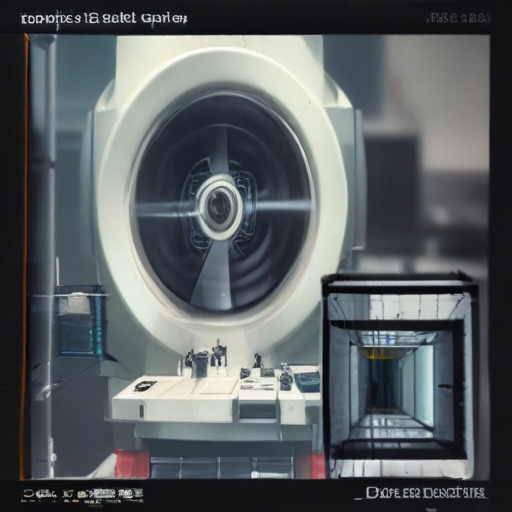
How to use “cone beam ct machine cost”
When considering the acquisition of a cone beam CT (CBCT) machine, understanding the cost is crucial. These machines, used primarily in dental imaging and other medical fields, can range significantly in price based on various factors such as functionality, brand, and additional features.
First, determine your specific needs, such as the extent of imaging required and the frequency of use. This will help narrow down the models that are suitable for your practice. Basic units may start around $70,000, while advanced models with superior imaging capabilities can exceed $200,000.
Next, evaluate both the initial purchase cost and the long-term operational expenses. This includes installation, maintenance, software updates, and potential repair costs. Some vendors offer financing options or leasing agreements, which can help manage the financial burden.
Additionally, consider the return on investment (ROI). A CBCT machine can improve diagnostic accuracy and efficiency, potentially increasing patient throughput and satisfaction. This can lead to higher revenue and faster ROI.
When budgeting, also account for staff training. Proper usage is essential for maximizing the machine’s lifespan and ensuring accurate diagnostic outcomes.
Finally, seek multiple quotes from different suppliers and read reviews to ensure you’re getting the best value for your investment. Consulting with colleagues who have made similar purchases can provide insights into the machine’s performance and reliability.
In summary, consider both upfront and operational costs, financing options, ROI, and peer reviews to make an informed decision when purchasing a cone beam CT machine. This will ensure that you invest in a machine that meets your clinical needs while being financially prudent.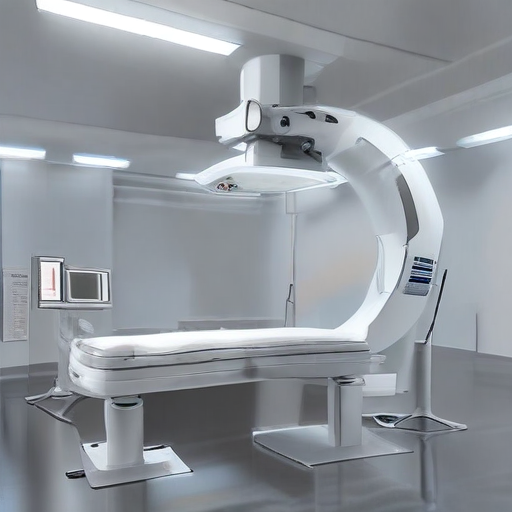
“cone beam ct machine cost” Comparative Analysis
The cost of Cone Beam Computed Tomography (CBCT) machines varies considerably based on several factors including brand, model, features, and the seller. Here’s a comparative analysis:
1. Basic Models:
– Cost Range: $60,000 – $100,000
– Brands: Panoramic Corporation, MyRay, Carestream Dental
– Features: These models often offer essential imaging capabilities suitable for dental practices. They typically cover basic diagnostics related to dental implants, orthodontics, and endodontics.
2. Mid-Range Models:
– Cost Range: $100,000 – $150,000
– Brands: Vatech, Planmeca, Sirona
– Features: Mid-range CBCT machines provide enhanced image quality and may include software integrations for precise treatment planning. They are suitable for multi-specialist clinics and small hospitals.
3. High-End Models:
– Cost Range: $150,000 – $250,000+
– Brands: i-CAT, NewTom, Carestream Dental (high-end models), Morita
– Features: High-end CBCT machines offer superior image resolution, advanced 3D imaging capabilities, and extensive software tools for comprehensive diagnostics. They are optimal for large dental practices, specialized clinics, and hospitals.
4. Operational and Maintenance Costs:
– Additional Costs: Beyond the purchase price, operational costs include software updates, maintenance, radiologist consultation, and training. These can range from $5,000 to $20,000 annually.
5. Buying Options:
– New vs. Refurbished: New machines ensure the latest technology and warranty but at higher costs. Refurbished machines can be up to 30-50% cheaper but may come with limited warranties.
6. Financing and Leasing:
– Options: Many suppliers offer financing plans and leasing options, making it easier for practices to manage cash flow. Monthly payments can range from $1,500 to $4,000 depending on the machine’s cost and financing terms.
In summary, the choice of a CBCT machine should align with clinical needs, budget, and long-term operational capabilities. A detailed cost-benefit analysis considering both acquisition and operational expenses is crucial for making an informed decision.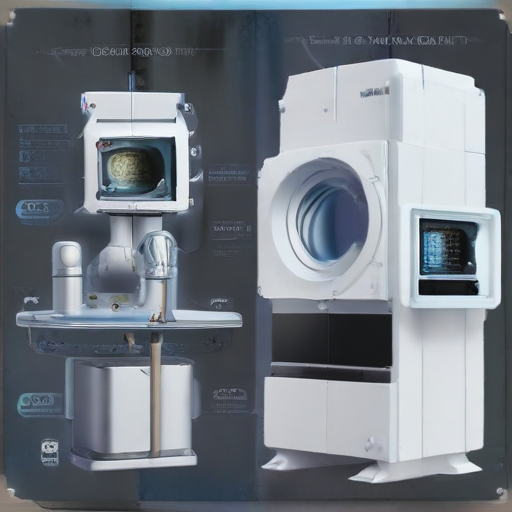
“cone beam ct machine cost” Warranty and Support
The cost of a Cone Beam Computed Tomography (CBCT) machine can vary widely depending on factors such as brand, model, and included features. Generally, prices range from $80,000 to $250,000. More advanced CBCT machines with higher resolutions and additional functionalities typically fall on the higher end of this scale.
Warranty and support are critical considerations when investing in a CBCT machine. Manufacturers typically offer a standard warranty period that can range from one to three years, covering parts and labor for any defects or malfunctions. Some companies also offer extended warranty packages for an additional fee, providing longer-term coverage and peace of mind.
Support services often encompass customer service, technical support, and software updates. Manufacturers usually provide initial installation and training to ensure proper usage. Ongoing support options can include remote assistance, scheduled maintenance, and on-site repairs. Reliable customer support is essential for minimizing downtime and ensuring optimal operation.
When evaluating CBCT machines, it’s important to assess both the upfront cost and the long-term value provided by the warranty and support services. Robust warranty options and comprehensive support can contribute significantly to the overall return on investment by extending the machine’s lifespan and maintaining its performance.
In summary, while the initial price of a CBCT machine is a major factor, it’s equally important to consider the quality of warranties and support services offered. Investing in a well-supported machine can ultimately save both time and money in the long run.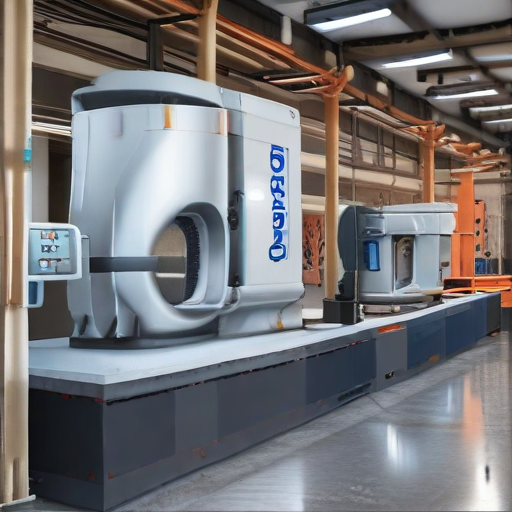
List “cone beam ct machine cost” FAQ
Cone Beam CT Machine Cost FAQ
1. What is the typical cost of a Cone Beam CT machine?
– The cost of a Cone Beam CT (CBCT) machine generally ranges from $80,000 to $250,000, and sometimes higher depending on the features and brand.
2. Why do CBCT machine costs vary so much?
– The variation in costs can be attributed to different factors such as the brand, model, image quality, software capabilities, field of view (FOV), and additional features like advanced imaging capabilities and user-friendly interfaces.
3. Are there any hidden costs associated with purchasing a CBCT machine?
– Yes, there can be additional costs such as installation fees, maintenance contracts, software upgrades, training for staff, and potential repairs.
4. Is it possible to lease a CBCT machine instead of buying one outright?
– Yes, many providers offer leasing options, which can spread out the cost over a longer period, making it more financially manageable for practices.
5. Are used or refurbished CBCT machines a viable option?
– Purchasing used or refurbished CBCT machines can be a cost-effective alternative, typically costing 30-50% less than new units. However, it’s crucial to ensure they come with warranties and have been maintained properly.
6. Does insurance cover the cost of a CBCT machine?
– Generally, insurance does not cover the cost of purchasing a CBCT machine; it is usually considered a capital investment for your practice.
7. What financing options are available for buying a CBCT machine?
– Financing options can include loans, leasing agreements, and vendor financing plans, all of which can help spread the investment over a set period.
8. How does the cost of a CBCT machine compare to traditional CT machines?
– CBCT machines are generally less expensive than traditional medical CT machines due to their specific design for dental and smaller anatomical imaging applications.
By understanding these cost factors and options, you can make a more informed decision about investing in a CBCT machine for your practice.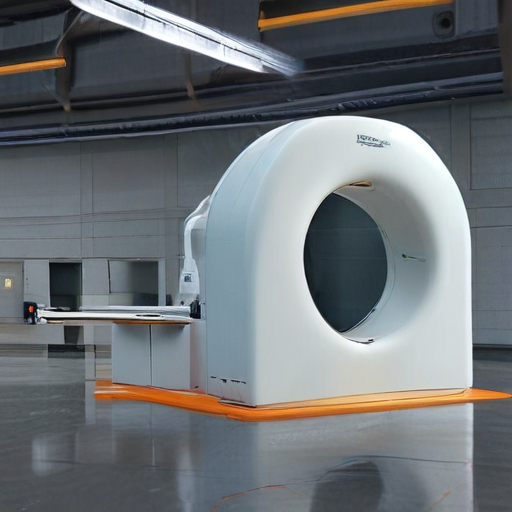
Top 10 FAQ with answer about cone beam ct machine cost for Buyer Sourcing from China
Certainly! Here are the top 10 FAQs about cone beam CT (CBCT) machine costs for buyers sourcing from China, along with concise answers.
1. How much does a CBCT machine cost in China?
– Typically, prices range from $50,000 to $150,000, depending on features and brand.
2. What factors affect the price of a CBCT machine?
– Factors include brand reputation, imaging quality, software capabilities, and additional features like 3D imaging.
3. Are there any additional costs to consider?
– Yes, consider shipping, installation, training, and potential import tariffs.
4. Is there a difference in quality between Chinese and Western CBCT machines?
– Reputable Chinese brands often match Western quality but at a more competitive price. However, rigorous evaluation is advisable.
5. How do I assess the reliability of a Chinese CBCT supplier?
– Check for certifications like ISO, CE, and FDA approvals. Verify the years in business, client testimonials, and service support.
6. Can I negotiate the price?
– Yes, especially if you are purchasing multiple units or during trade shows. Always compare quotes from multiple suppliers.
7. What warranty and after-sales service do Chinese suppliers offer?
– Warranties typically range from 1-3 years. Ensure the contract includes clear after-sales support terms, including remote assistance and spare parts availability.
8. How long does it take to receive the machine after placing an order?
– Delivery usually takes 30-90 days, considering manufacturing lead times and shipping logistics.
9. Are there financing options available for purchasing CBCT machines from China?
– Some suppliers might offer financing options, or you can explore third-party financial institutions.
10. How do I ensure compliance with local regulations when importing a CBCT machine?
– Work with a customs broker to navigate import regulations. Ensure the machine meets your country’s medical device standards.
By addressing these key concerns, you can make a more informed decision when sourcing CBCT machines from China.

